The Food and Agriculture Organization estimates that food production will need to increase by 60 percent in the first half of the 21st century to meet rising demand as populations and incomes increase, especially in developing countries. Climate change adds to the challenges facing the world's farmers. Crops are susceptible to a variety of abiotic (physical) and biotic (biological) stresses, and these are likely to be exacerbated in many places with higher temperatures and changing precipitation patterns. These stresses include heat, drought, flooding, increased salinity, pests, and diseases. If farmers are to maintain and increase yields in the coming decades, they will need to adopt new varieties that will thrive in these changing environmental conditions.
Global Futures and Strategic Foresight team members work with breeders, plant physiologists, and agronomists to identify promising traits and model “virtual crops” that are tailored to perform better than existing varieties in the specific environmental conditions that different parts of the world are experiencing or are projected to experience due to climate change. These virtual crops are then analyzed using IFPRI’s IMPACT model to determine their potential impact on yields, harvested area, production, prices and trade in the future. The results help us understand the extent to which different new technologies will be able to address food security and the challenges posed by climate change.
Please click on each of the crops below for more information:
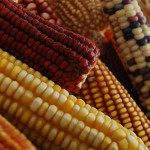
Maize |
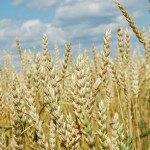
Wheat |
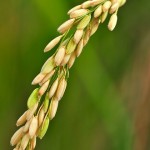
Rice |
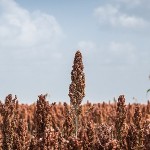
Sorghum |
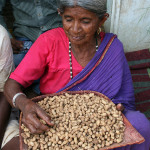
Groundnut |
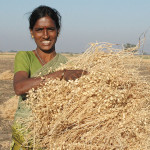
Chickpea |





